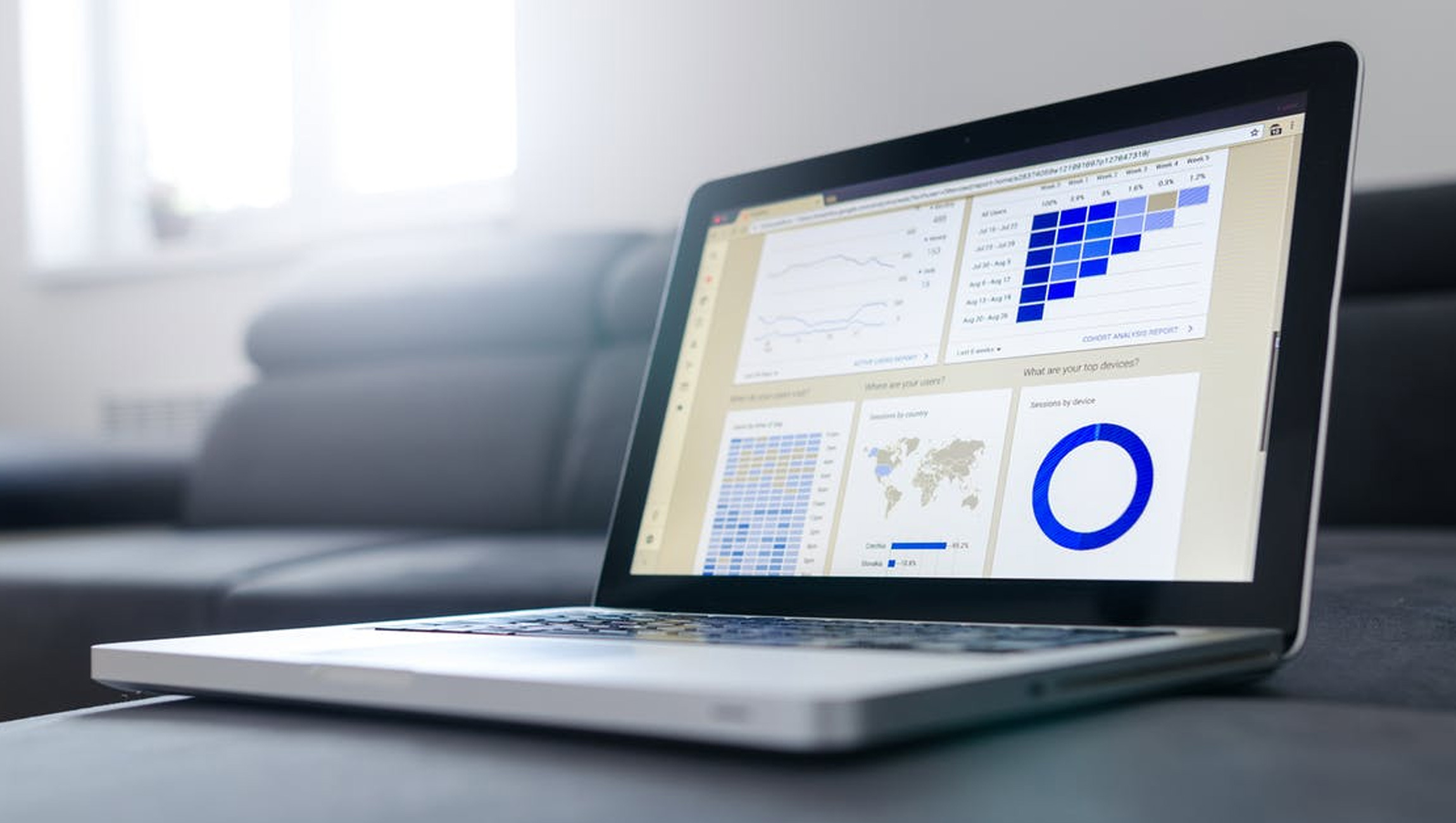Social Media Is a Low-Cost, High-Impact Platform for Small Businesses Monitoring Their Online Reputation, but Experts Say It Shouldn’t Be the Only Platform Small Businesses Use
Small businesses recognize that their online reputation can impact their success. As a result, 88% of small businesses monitor their reputation online.
Social media is a low-cost, high-impact platform small businesses can use to track what people say about their brand, which is why 66% of small businesses use social media to monitor their online reputation, according to new survey data from Clutch, the leading B2B research, ratings, and reviews company.
Although social media can be a powerful tool, experts urge small businesses to also use other platforms, such as search results and review sites such as Yelp.
Nearly half of small businesses that use social media (48%) also use other platforms to supplement their monitoring efforts.
“You have to monitor social media, but you also need to go beyond it to effectively monitor your online reputation,” said John Gottschall, CEO of Neumann Paige Inc., a reputation management
firm.
Marketing Technology News: W3C and FIDO Alliance Finalize Web Standard for Secure, Passwordless Logins
Small Businesses Rely on In-House Employees or Reputation Management Agencies to Monitor Online Reputation
People are still the primary resource small businesses use to monitor their online reputation.
Forty-four percent of small businesses (44%) use only human resources, such as in-house employees and agencies, to monitor their online reputation.
Twenty-six percent of small businesses (26%) use only digital resources, including online reputation management tools, third-party review sites, and social listening software.
Finally, 30% of small businesses use a combination of human and digital resources.
Marketing Technology News: Solodev Achieves AWS Digital Customer Experience Competency Status
Overall, the online reputation monitoring tools small businesses use are:
- In-house employees (54%)
- Online reputation management tools, such as Google Alerts (34%)
- Online reputation management agencies (27%)
- Third-party reviews sites, such as Yelp (26%)
- Social listening tools, such as Hootsuite (22%)
“Digital tools provide the information that needs to be interpreted, but people, whether an agency like ours or someone in-house, become responsible for managing the information these tools collect,” said Ken Wisnefski, CEO of WebiMax, an online reputation management agency.
Millennial Small Business Owners More Likely to Use Digital Tools to Monitor Online Reputation
Using digital reputation management tools is popular among younger small business owners.
Millennial-owned and -managed small businesses are about evenly split in their use of digital resources (69%) and human resources (68%) to monitor their online reputation.
Generation Xers, however, are more likely to use human resources (75%) than digital resources (57%), and baby boomers are also more likely to use human resources (81%) than digital (34%).
These findings suggest a shift as more small businesses trend toward digital resources to supplement their staff’s work or hire PR firms to monitor their online reputation.
Clutch’s 2019 Small Business PR Survey included 529 small businesses from across the US
Marketing Technology News: Radware to Showcase Bot Manager Aimed at Helping Businesses Detect, Classifiy and Remediate Malicious Bot Activity












Comments are closed.